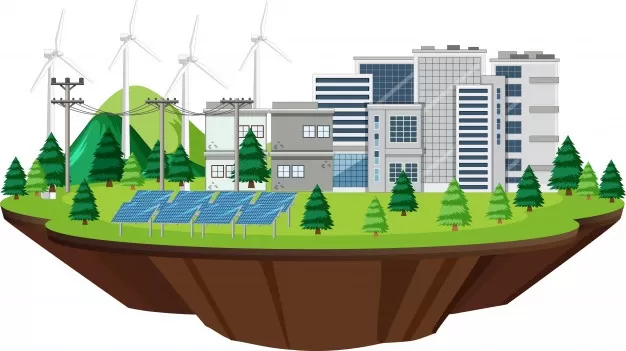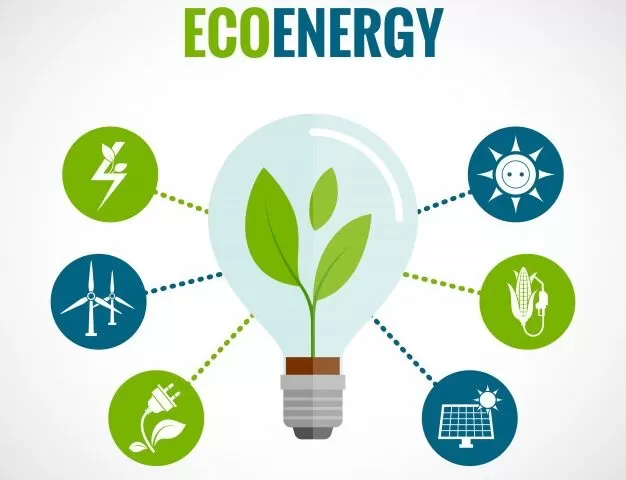If you want to help the environment without breaking the bank, look no further! There are several ways to make your home greener without spending money you don’t have. Read this article for some quick and simple tips on going green at home, at work, or while in the car!
Wash clothes with cold water, as much as you can. Most of the energy used to wash clothes is used in heating the water. As long as your detergent is good, cold water washing can be as effective as warm water. Furthermore, bear in mind that you will get maximum efficiency from washing a full load rather then multiple small loads.
Take the time to dry your clothes naturally. The dryer in your home takes up much energy, and it is quite simple to hang your clothes and allow them to air dry. If you need to use the dryer, be sure to clean out the lint to help it work more efficiently.
You should never use a small amount of warm water all at once. Doing this will just gradually increase your overall energy usage. Instead, try using all the warm water you plan on using immediately. For example, you should try having all your family members take a quick shower at once.
Use solar-powered outdoor lights. Outdoor lighting elements are a great place to use solar power since there is easy access to sunlight. There is a wide range of lighting options to fit any decor. The solar-powered feature saves on your energy bill, but it also makes these lights easy to install anywhere on your property.
Please don’t run the dishwasher unless it is filled. The same amounts of water and energy are used every time. Try using the energy-saving air-drying setting on your dishwasher.
If you are planning on installing solar panels, understand the amount of maintenance required. You have to keep the photovoltaic cells clean. If the cells are installed on your roof, this could mean climbing all over your roof as often as once a month. If you cannot do that, you’ll need to hire someone.
Don’t try to install a wind generator on a small property. First of all, you’ll likely get complaints from the neighbors, as an efficient wind turbine needs to be at least 30 feet off the ground. Secondly, you need about an acre of land to ensure an unobstructed prevailing wind.
Look into using recycled or rechargeable batteries for items that require batteries. Disposable batteries cost money to produce, and they also contain toxic chemicals which are bad for the environment. By switching to recycled or rechargeable batteries, you will be keeping these chemicals away from our environment.
To practice good green energy habits, you should make it a priority to recycle at home. Anything recyclable should be sorted out and stored in a recycle bin. By doing this, you are taking an active role in ensuring the environment is safe for everyone while also cutting down on energy costs.
Don’t throw away that coffee grinds- use them to fertilize your plants. Coffee grinds are rich in nitrogen, so these make great, healthy plant food. Using coffee grinds as fertilizer keeps them out of the landfill, makes it unnecessary for you to purchase and use chemical plant food, and makes your plants grow nicely, adding oxygen to the atmosphere.
Turn off all appliances. When not using appliances in your home, make it a habit to turn them off when not in use. Items such as televisions, computers, and lights should all be off so you can prevent unwanted energy use. This is good for using less energy, but your electric bill will be much less!
Green energy is a sector that is developing quickly. Suppose you find that getting a solar roof or a wind turbine is not an option for you. Stay up to date with innovations. The chances are that better solutions will be available in the years.
Replace your light bulbs with eco-friendly bulbs. These light bulbs will last longer, burn brighter, and use less power. The only downside is that they are more expensive than regular light bulbs. However, you will get your money back when your energy bills start decreasing, and you won’t have to buy new light bulbs constantly.
Use solar water heaters as a great alternative to heating water with electricity. They use the sun’s energy to heat water in your home or business. The ideal location for a solar water heating system is a south-facing roof that is not shaded. Current technologies allow the system to blend in with your roof so as not to detract from your home.
If you cannot afford to upgrade or replace any part of your home’s energy systems, change your energy-using habits instead. For example, take short showers instead of long baths and only wash maximum capacity loads of clothes or dishes to cut back on water consumption. Likewise, shut off any lights or appliances before leaving a room.
Lighting has changed immensely over the last couple of decades, and one energy-efficient method for lighting a home that many consumers still have not grasped is the energy-saving light bulb. These not only save you money on energy costs, but they last longer anyway. If you have not switched to energy-efficient light bulbs in your home, now is the time. The quality and variety of these lights are better than ever.
Keep your fridge and freezer closed as often as possible. Refrigeration consumes about a third of your household’s total energy, and constantly leaving your fridge and freezer open can increase the energy needed by up to 25%. Make sure that you know what you want before opening up your refrigerator.
Conclusion:
As said at the beginning of the article, going green doesn’t have to be costly or time-consuming. Alternative energy can save money while helping the environment! Installing new light bulbs or cleaning your filter can help without sacrificing too much time or money. Remember these tips so you can go green!



